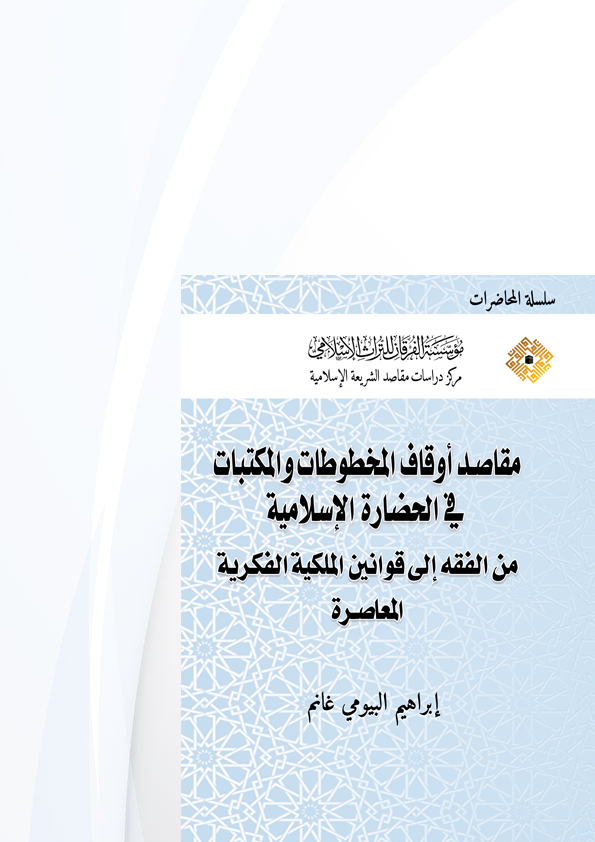Summary
This lecture reveals the role of waqf endowments in contributing to preserving heritage manuscripts and libraries. It assumes that the objectives for endowing manuscripts and libraries as waqf in Islamic civilisation are embodied in four higher aims, namely: (i) gaining reward from Allah, the Almighty, by making manuscripts containing beneficial knowledge available to all, for Allah’s sake; this objective, in itself, illustrates the philosophy on knowledge and learning in our civilisation. (ii) Propagating the sciences, and building the society of knowledge to the greatest extent possible, as evidenced by the generality of manuscript endowments terms, and freedom from any conditions denying them to students of knowledge. (iii) Preserving the intellectual property rights, literary and moral, of the owners of the manuscripts and books, but not to transform these rights into money in the hands of the author or his heirs; rather for knowledge to reach those seeking it, and those equipped to fulfil its due right, whether the scholar’s progeny, relatives, or others. (iv) Enabling the contribution of manuscripts, books, and libraries to the service of public faculties of Islamic law (sharī‘ah); particularly, in protecting religion and intellect, through transmitting and cementing the fundamentals of religion, refuting specious claims against it, and spurring creative jurisprudential effort (ijtihād) and renewal (tajdīd), novel contributions, and advances to confront and overcome the challenges of reality.
The lecture also reveals the role of jurisprudents (sing. faqīh) in developing the legal process for endowing manuscripts—considering these as movable assets, and allowing their waqf endowment by way of juristic preference (istiḥsān). The lecturer linked the creative jurisprudential rulings related to protecting the waqf endowment of manuscripts, books and intellectual property rights on one hand, and modern and contemporary laws on protection of intellectual property that have attached this protection to world trade agreements, on the other hand. He called for the renewal of legislative frameworks in Muslim countries, as an obligation, to secure protection of our heritage—manuscripts, and the diverse knowledge repositories, and energise their renaissance role, through a progressive and global civilising vision.



Reviews
There are no reviews yet.